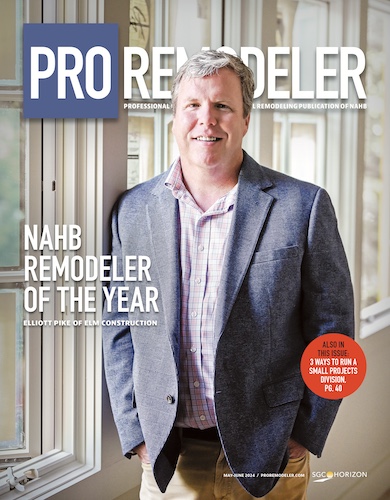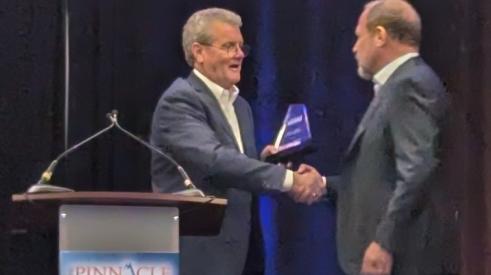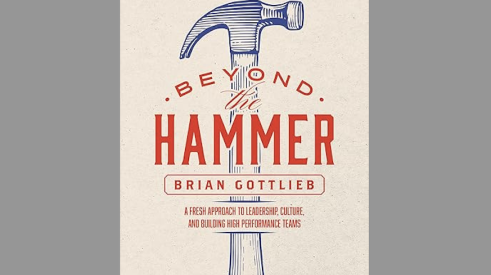If you ask a financial advisor about personal assets, chances are he will tell you they are stocks, bonds, real estate, and cash in the bank. If you ask a car dealer what are his assets are, he will tell you they are the service facility and the cars in inventory. If you ask an owner of a sports team, he will tell you the assets are the key players and the season ticket holders/fanbase.
Assets are investments and tools on which you should expect a return. The real question is, “Are you leveraging your assets to get the best return to differentiate your business?”
As I advise and coach businesses, the first things I try to flush out are the real assets and liabilities within the business. This process can be obvious or it may take some creative effort. But all businesses have assets and liabilities and one of the goals of any good businessperson is to leverage the assets and reduce the liabilities. As a good financial adviser will tell you, some assets are very tangible and some are not.
So what are your assets and how can you leverage them to see more success?
Your knowledge and experience
Your clients who are doctors and lawyers don’t get paid because they started a professional practice; they get paid because of their knowledge and experience. This knowledge can come from an expensive education combined with the scars and bruises of experience. Their clients understand why they pay three-to-five times more for the better practitioners compared with new or inexperienced ones. One reason you struggle with getting your price or proper value is that you often keep your knowledge and experience a secret.
Years ago, I asked a few sponsors to pay my company $25k each to participate in a research project. One person asked, “Why should we pay you this amount of money?” I was a little taken back by the question in an open forum but after a minute I responded, “It is hard to put a value on the over 1,000 years of experience that is represented by the employees on our staff.”
They immediately got it and all signed up as a sponsor. You have the knowledge and experience but you need to communicate it appropriately to your prospects. You need to share the risks and the benefits of this experience to their specific project. Experience and knowledge is an asset and you should expect a strong return.
Your people
Everybody knows how important people are to business, but are you leveraging them? Which level of return are you expecting from them? How do you quantify it?
There have been many studies on the cost of an employee. If they leave your business, it can cost you half their annual salary to replace them. Most businesses spend between $10k and $20k per year on training or team-related efforts. One of the more obvious ways to leverage and see a better return is to deputize them. Deputize them to help generate leads, sell projects, and improve the business through greater efficiencies with their ideas.
When you receive the happy client letters, which employees are highlighted or recognized?
Generally, it is the people doing the work in the home. Who better to ask for referrals or go next door to talk to the neighbor about remodeling opportunities? By leveraging the production assets you will see increased returns, but you can also create a platform for growth and future opportunities for them.
Your office and showroom
A showroom can be an asset or a liability. The question, however, is which you make it. Most of your competition works out of their home (which is fine but not much of an investment). If you have an office/showroom there are many ways to leverage it. Make visiting your showroom part of your sales process (It does not have to be fancy but it need to build value in the client experience and differentiate your business). When the prospective client visits, introduce them to other team members to show your bench depth and knowledge. While there are many ways to show your portfolio, your office should have ongoing slide shows for visitors. You can also use your office to show your production process and backlog of projects and the diversity of your work. Some better remodelers organize their office in a manner so visiting prospects can see other clients interacting at different points in their process. All these techniques not only help you to be more effective but also help you to further leverage the office/showroom as an asset.
In closing, leveraging assets is a mindset. It is a way of thinking. It is a basis for making good business decisions. As we move out of tougher times, this business approach becomes more important than ever to achieve more growth.
The real question is, “Are you leveraging your assets to get the best return to differentiate your business?”
Add new comment
Related Stories
3 Areas Successful Remodelers Focus On
Industry advisor Mark Richardson shares what separates the losing from the winning in today’s market
Peppermill Finish
The Neal’s Way Means Putting People First
For Neal’s Design Remodel, company culture is more than values on a wall. It’s everything.
Selling Your Company to Your Team
From company valuation to terms of the transfer, here’s a look at how three different remodelers made the deal work
Brian Gottlieb Receives Remodeling Mastery Award
Presented by industry icon, Mark Richardson, the award celebrated Gottlieb’s extraordinary impact on remodeling
What's Beyond the Hammer?
Working with Brian Gottlieb on the book Beyond the Hammer provided a masterclass on how to build an aligned team
Real AI Applications For Remodelers
Tech-forward remodeler Michael Anschel shares how he uses artificial intelligence in his business.
How to Eliminate Boring, Languishing Meetings
Leff Design Build ensures maximum productivity and efficiency through these straightforward methods
5 Counterintuitive Strategies to Improve Your Business
Follow these strategies to inspire employees, instill trust, and beat the competition
Couple Act As Much More Than General Contractors
How LBR Partners uplifts and educates their Spanish-speaking trade partners













